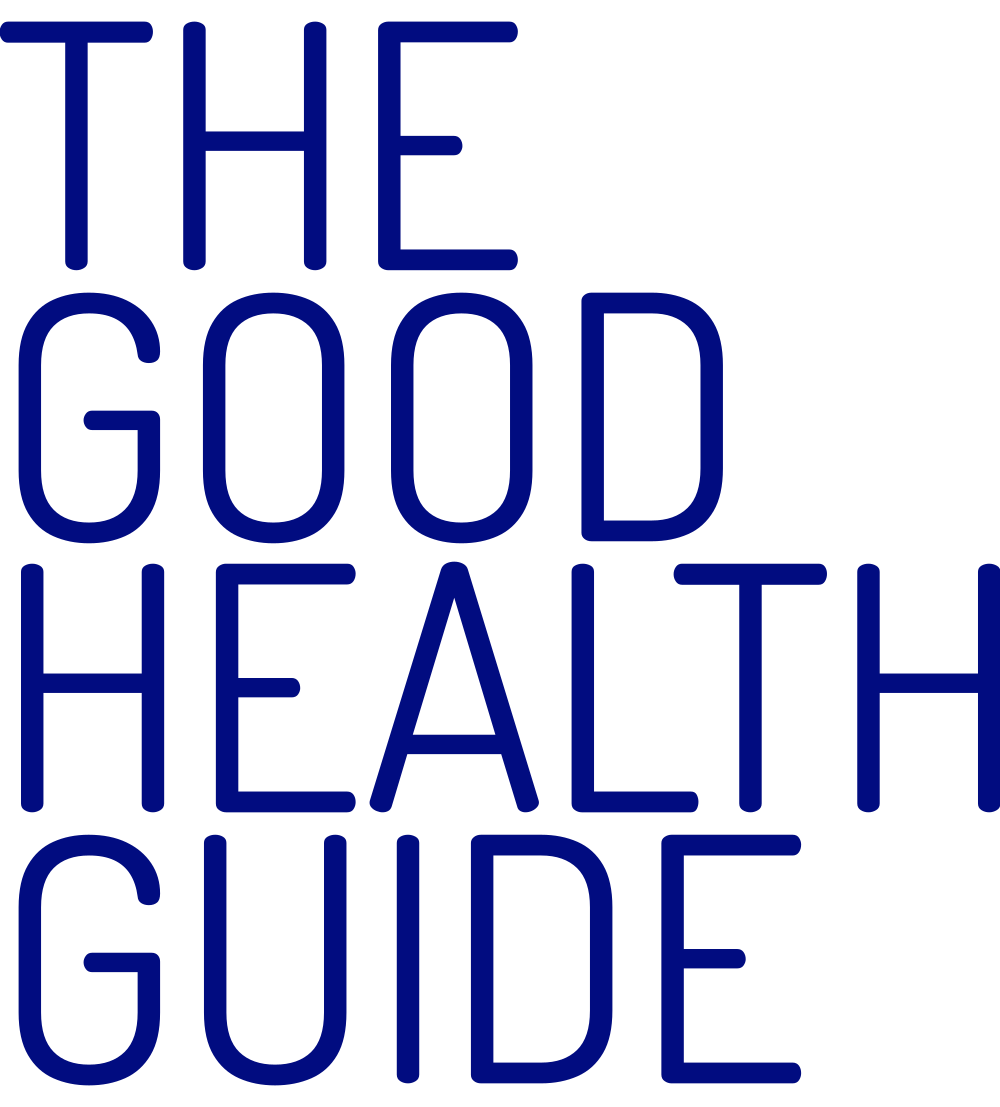Prostate examinations are a crucial aspect of men’s healthcare that often gets overlooked or ignored. However, understanding the importance of regular prostate examinations can significantly impact a man’s overall well-being and quality of life. In this article, we will delve into the significance of prostate examinations and why every man should consider them a vital part of their healthcare routine.
Understanding the Prostate Gland
The prostate gland is a small, walnut-sized organ located just below the bladder and in front of the rectum. It plays a crucial role in the male reproductive system by producing seminal fluid, which nourishes and transports sperm. While the prostate is essential for a man’s sexual and reproductive health, it is also susceptible to various conditions that can affect overall health.
The Need for Prostate Examinations
- Early Detection of Prostate Cancer: Prostate cancer is one of the most common cancers in men worldwide. Regular prostate examinations, including both a digital rectal exam (DRE) and a prostate-specific antigen (PSA) blood test, can help detect prostate cancer in its early stages when it is most treatable. Early detection can significantly increase the chances of successful treatment and cure.
- Monitoring Prostate Health: Prostate examinations are not solely about cancer detection. They also help monitor the overall health of the prostate gland. Conditions like prostatitis (inflammation of the prostate) and benign prostatic hyperplasia (BPH) can cause discomfort and affect urinary function. Routine exams can identify these conditions, allowing for timely intervention and management.
- Risk Assessment: Prostate examinations can help assess a man’s risk of developing prostate cancer or other prostate-related issues. Factors such as age, family history, and ethnicity can increase the likelihood of prostate problems. Knowing one’s risk can inform healthcare decisions and screenings.
- Peace of Mind: Regular prostate examinations provide peace of mind for men and their loved ones. Knowing that you are proactive about your health and taking steps to detect and manage potential issues can alleviate anxiety and stress related to prostate health.
How Prostate Examinations Are Conducted
- Digital Rectal Exam (DRE): During a DRE, a healthcare provider inserts a gloved, lubricated finger into the rectum to feel the prostate gland’s size, texture, and any irregularities. This physical examination provides valuable information about the prostate’s health.
- PSA Blood Test: The PSA blood test measures the level of prostate-specific antigen in the blood. Elevated PSA levels can indicate potential issues with the prostate, such as inflammation, BPH, or prostate cancer. While a high PSA level does not necessarily mean cancer, it warrants further investigation.
Conclusion
Regular prostate examinations are essential for maintaining men’s health and well-being. They serve as a proactive approach to detecting and managing prostate-related issues, including prostate cancer, prostatitis, and BPH. While some men may feel uncomfortable or hesitant about these exams, understanding their significance can help overcome any reservations. Remember that early detection and proactive management can make a significant difference in the outcome of prostate-related conditions. By prioritizing your prostate health and discussing the appropriate screening schedule with your healthcare provider, you can take control of your well-being and ensure a healthier, happier future.
Frequently Asked Questions (FAQ) About Prostate Examinations for Men
What is a prostate examination, and why is it important?
A prostate examination is a crucial part of men’s healthcare that involves assessing the health of the prostate gland. It’s important because it can help detect prostate cancer in its early stages, monitor overall prostate health, assess the risk of prostate-related issues, and provide peace of mind.
How often should I get a prostate examination?
The frequency of prostate examinations may vary depending on your age, risk factors, and individual health history. Typically, men are advised to discuss the appropriate screening schedule with their healthcare provider. In general, starting at age 50, men should consider regular prostate examinations. However, those with higher risk factors, such as a family history of prostate cancer or African-American ethnicity, should begin discussions earlier, often around age 40.
What can I expect during a prostate examination?
A prostate examination usually involves two main components: a digital rectal exam (DRE) and a prostate-specific antigen (PSA) blood test. During a DRE, your healthcare provider will insert a lubricated finger into your rectum to feel the prostate’s size, texture, and any irregularities. The PSA blood test involves a simple blood draw to measure the levels of a specific antigen produced by the prostate.
Does a prostate examination hurt?
Most men find a prostate examination to be uncomfortable but not painful. The DRE may cause slight discomfort but should not be overly painful. It’s a relatively quick procedure that can provide valuable health information.
What does an elevated PSA level mean?
An elevated PSA level does not necessarily indicate prostate cancer, but it may warrant further investigation. Elevated PSA levels can also be caused by other factors, such as prostatitis (inflammation of the prostate) or benign prostatic hyperplasia (BPH). Your healthcare provider will consider various factors, including your PSA level, age, and overall health, before making recommendations for additional tests or treatments.
Are there any risks associated with prostate examinations?
Generally, prostate examinations are considered safe procedures with minimal risks. The most common discomfort is the momentary sensation during the DRE. However, the potential benefits of early detection and monitoring far outweigh the minor discomfort.
Can I prevent prostate problems altogether?
While you can’t guarantee prevention, adopting a healthy lifestyle can reduce your risk of developing prostate issues. This includes maintaining a balanced diet, staying physically active, avoiding excessive alcohol consumption, and not smoking. Regular exercise and a diet rich in fruits, vegetables, and whole grains can contribute to overall prostate health.
What should I do if I have concerns about my prostate health?
If you have concerns about your prostate health or are experiencing symptoms such as urinary changes, pain, or discomfort, it’s essential to consult a healthcare provider promptly. They can assess your situation, recommend appropriate tests, and provide guidance on the best course of action.
Are there any alternatives to prostate examinations?
Currently, prostate examinations remain the most effective means of detecting and monitoring prostate-related issues. While there is ongoing research into alternative screening methods, such as MRI and urine-based tests, these are still evolving and may not replace traditional examinations entirely.
Where can I find more information about prostate health and examinations?
Your healthcare provider is the best source of information about your specific health needs. They can provide personalized guidance and answer any questions you have about prostate examinations. Additionally, reputable medical websites and organizations, such as the American Cancer Society and the Prostate Cancer Foundation, offer valuable resources and information on prostate health.

